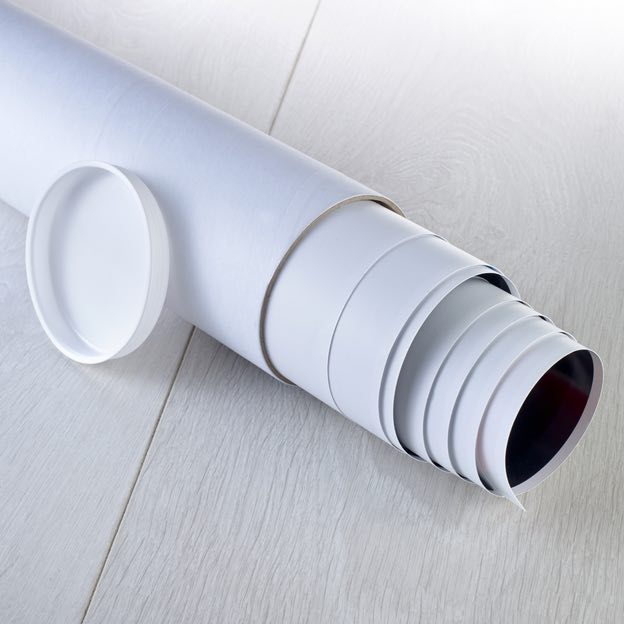Sizing information
| Overall size (inc frame) | x cm ( x in) |
| Depth | cm (in) |
| Artwork | x cm ( x in) |
| Border (mount) |
cm
top/bottom
(in)
cm left/right (in) |
| The paper size of our wall art shipped from the US is sized to the nearest inch. | |

Our prints
We use a 200gsm fine art paper and premium branded inks to create the perfect reproduction.
Our expertise and use of high-quality materials means that our print colours are independently verified to last between 100 and 200 years.
Read more about our fine art prints.
Manufactured in the UK, the US and the EU
All products are created to order in our print factories around the globe, and we are the trusted printing partner of many high profile and respected art galleries and museums.
We are proud to have produced over 1 million prints for hundreds of thousands of customers.
Delivery & returns
We print everything to order so delivery times may vary but all unframed prints are despatched within 1–3 days.
Delivery to the UK, EU & US is free when you spend £75. Otherwise, delivery to the UK costs £5 for an unframed print of any size.
We will happily replace your order if everything isn’t 100% perfect.
Product images of Sand Dunes, Carson Desert, Nevada, 1867



Product details Sand Dunes, Carson Desert, Nevada, 1867
Sand Dunes, Carson Desert, Nevada, 1867
Sand Dunes, Carson Desert, Nevada, 1867. Timothy H. OSullivan's Civil War experiences prepared him for the hardship of serving from 1867 to 1869 as photographer for the Geological Exploration of the Fortieth Parallel. Led by geologist Clarence King, the expedition's goal was to map and describe a strip of land along the 40th parallel in California, Nevada, Utah, Idaho, and Wyoming. This territory coincided roughly with the route of the railroad that would link the east and west coasts in 1869. Here, OSullivan recorded the elusive shifting dunes near Sand Springs, Nevada, including the mule-drawn ambulance he used to transport water necessary for his darkroom. OSullivan's work was less picturesque than that of his contemporaries, using light to define form rather than for dramatic effect. Most significantly, he compressed space by focusing on the textures in both the foreground and background, which resulted in a unified visual whole.
- Image ref: 2739751
- Heritage Art/Heritage Images
Find related images
 zoom
zoom

















